Disabled 'trapped in homes' due to unsuitable housing
- Published
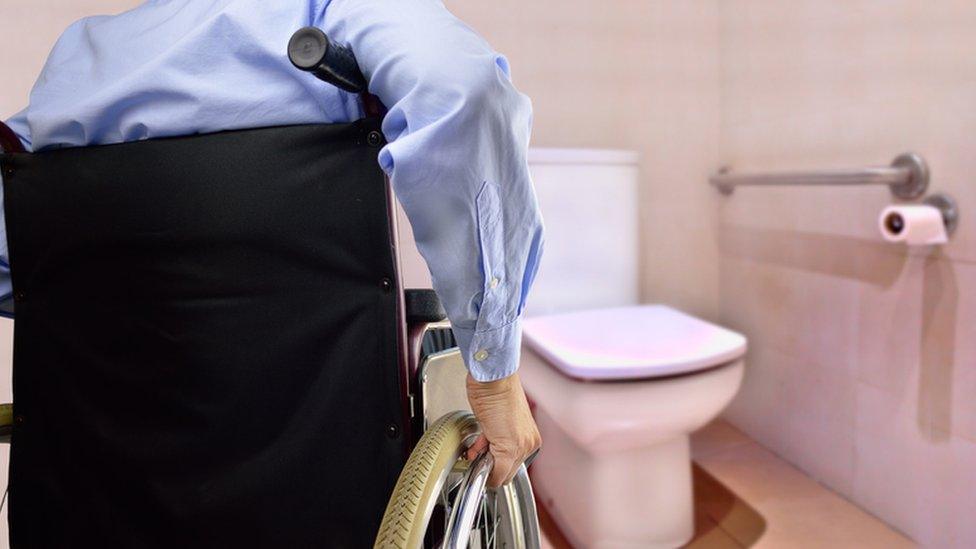
Some people said they could not use the toilet in their own home because of accessibility issues
Some disabled people in Wales have become trapped in their homes because of a chronic shortage of suitable housing, a report has found.
One disabled resident told the review they had to sleep in the dining room and could not access the toilet.
The Equality and Human Rights Commission's (EHRC) review called for urgent action to make all new houses adaptable and accessible.
The Welsh government said it was improving access to suitable homes.
One resident said: "I am unable to independently access the first floor or the kitchen appliances.
"The bathroom is too small so I can't use the toilet.
"I am currently sleeping in what should be the dining room so don't have much privacy.
"I can't care for my own young daughter if she is ill as I can't access her bedroom. I can't access the back door."
Another said: "My landlord will not permit changes to the property so I'm unable to have grab rails which are needed and other aids... making me more dependent on carers and limiting my independence."
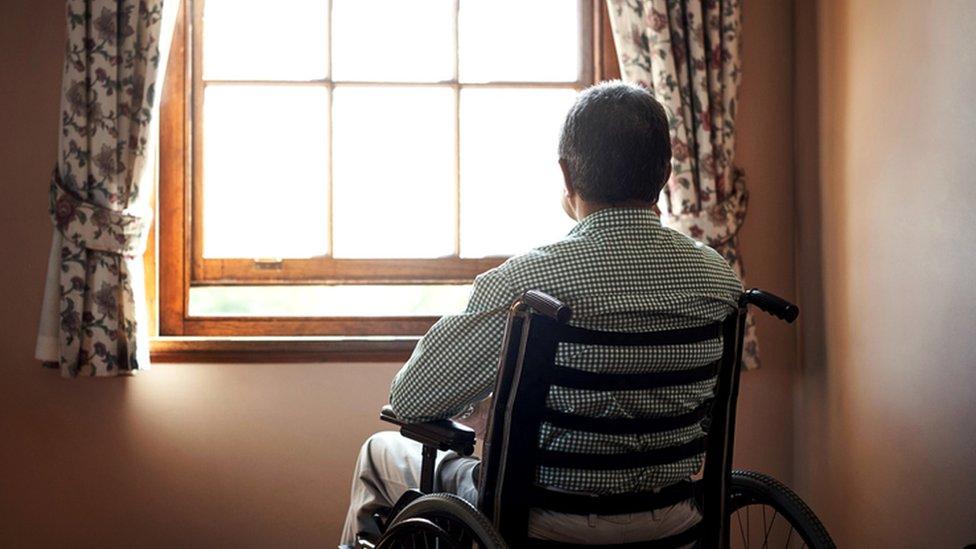
The Chartered Institute of Housing in Wales said the report painted a "worrying picture"
The EHRC review found just 5% of Welsh local authorities had a target in place for accessible homes.
It said while the Welsh government had taken action to ensure social housing was accessible and adaptable, people faced difficulties in the private sector.
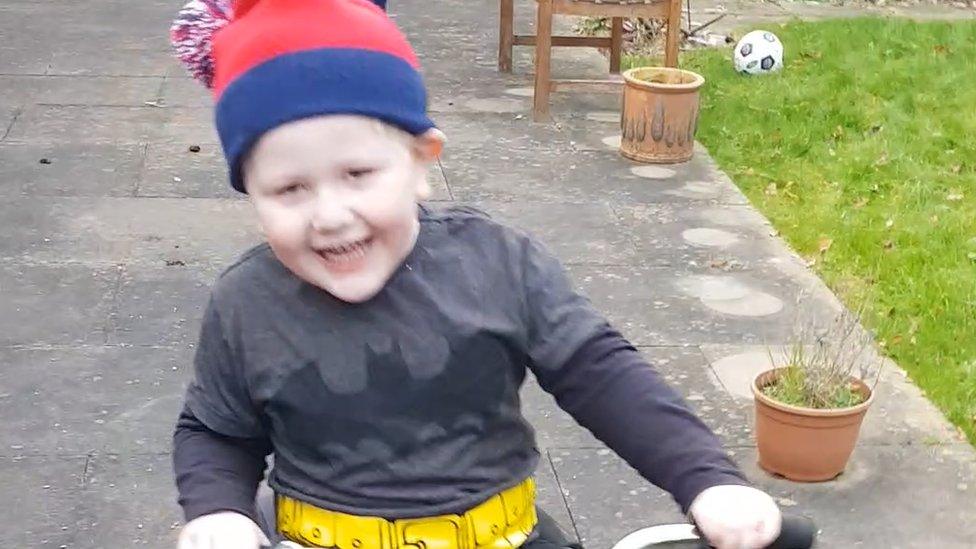
It took four years to find Oliver Williams and his family an adapted home
Leonie Williams, mother of disabled four-year-old Oliver, spoke of her family's joy at moving into an adapted bungalow in Guilsfield, Powys.
"Previously we were living in a very small house where Oliver struggled with the stairs, had little to no free access to the garden and struggled with toileting and bathing.
"Our options were limited as we had been living in the rented house for a while. Both my partner and I work, so when trying to source housing from the local authority we came up against a brick wall every time as they believed we were adequately housed, albeit very unsuitable and potentially dangerous for Oliver's needs.
"It took four very long years for us to be housed in a much-needed adapted home. Oliver is now thriving in his new environment."
The review found those whose homes met their needs reported improved health and enhanced job and studying prospects.
It said home adaptations could create significant savings to public services, reducing council and NHS care costs.
The EHRC wants the Welsh government to improve the way data is collected and shared, both on the needs of disabled people and on the number of adaptable homes already built.
It also wants it to ensure support and information services to match people to suitable homes and ensure they are adapted if needed.
Matt Dicks, director of the Chartered Institute of Housing in Wales, said the report painted a "worrying picture" and said while Wales had a target to build 20,000 affordable homes, it was vital they were built to standards that increased the supply of accessible housing.
A Welsh government spokesman said: "We are working to make it quicker and easier for people to secure helpful adaptations when they need them, to improve access to buildings and their facilities, and are currently collecting data to help us to understand how we can streamline this process further."
- Published3 May 2018
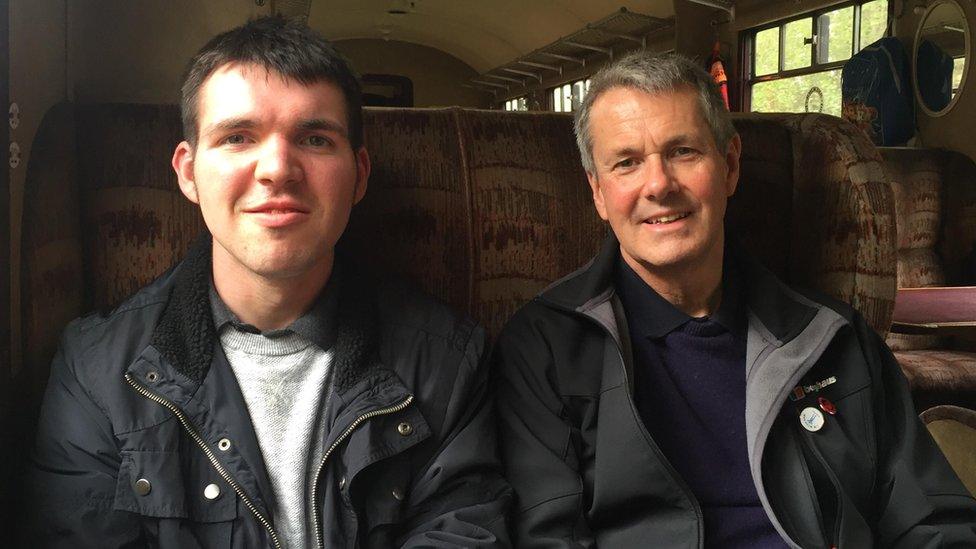
- Published3 May 2018
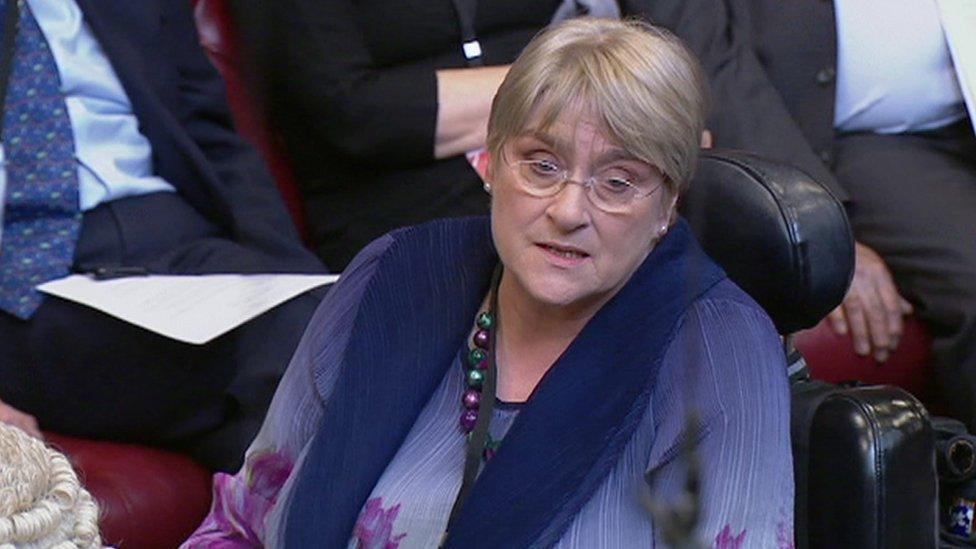
- Published24 March 2018

- Published8 May 2018
